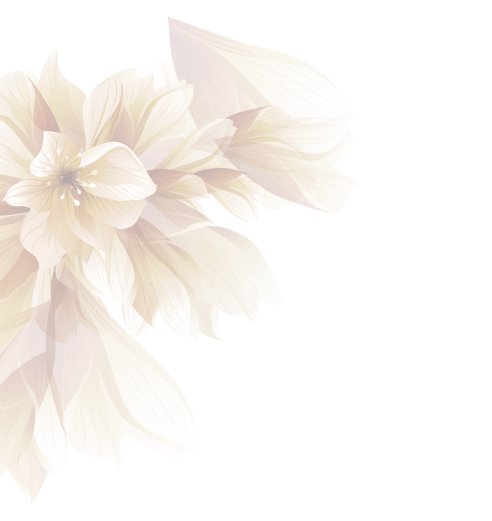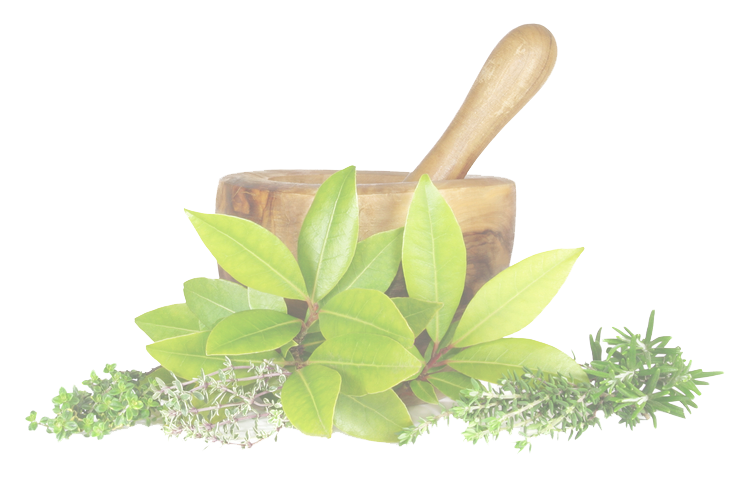Symptoms of Kidney Stones
Kidney stones can cause a range of symptoms, which often become apparent when the stones move within the kidney or pass from the ureter, the tube connecting the kidney to the bladder. The severity and type of symptoms can vary depending on the size and location of the stones. Common symptoms of kidney stones include:
1. Severe Pain:
- Flank Pain: Intense pain in the back and side, typically just below the ribs, is a hallmark symptom. The lower abdomen and groin may experience radiating pain.
- Pain Waves: The pain often comes in waves, fluctuating in intensity as the stone moves through the urinary tract.
2. Painful Urination:
- Burning Sensation: A sharp, burning sensation during urination is common, indicating the stone has moved closer to the bladder.
3. Frequent Urination:
- Increased Urge: The need to urinate more frequently than usual, often in small amounts, is another symptom as the stone irritates the bladder.
4. Hematuria:
- Blood in Urine: The presence of pink, red or brown urine indicates that the stone may be causing damage to the lining of the urinary tract.
5. Nausea and Vomiting:
- Digestive Discomfort: As the body responds to the severe pain and disruption caused by the stones, nausea and vomiting can occur.
6. Cloudy or Foul-Smelling Urine:
- Urine Changes: Infection or the presence of concentrated minerals can cause the urine to appear cloudy or have an unpleasant odor.
7. Fever and Chills:
- Infection Signs: A fever and chills may accompany the other symptoms if there is an infection in the urinary tract.
8. Difficulty Passing Urine:
- Urinary Obstruction: Larger stones can obstruct the flow of urine, making it difficult to pass urine and causing a continuing urge to urinate.
Types of Kidney Stones
Kidney stones are classified into several types based on their composition. Each type has different causes and requires specific approaches for prevention and treatment. The main types of kidney stones include:
1. Calcium Stones:
- Calcium Oxalate: The most prevalent type of kidney stone, formed when calcium binds with oxalate in the urine.High levels of oxalate are found in certain fruits, vegetables, nuts and chocolate. Inadequate calcium and fluid intake, as well as certain metabolic disorders, can contribute to the formation of these stones.
- Calcium Phosphate: This type is less common, these stones form from a combination of calcium and phosphate and are often associated with metabolic conditions like renal tubular acidosis and certain medications.
2. Uric Acid Stones:
- Metabolic Causes: Formed when the urine is too acidic. Diets high in purines, found in animal proteins such as red meat, shellfish and organ meats, can increase uric acid levels in the urine.
- Gout: People who have gout, an arthritis-related condition, are more likely to get uric acid stones.
3. Struvite Stones:
- Infection-Related: Typically forms in response to an infection in the urinary tract. These stones may develop with few symptoms or little warning, growing swiftly and becoming fairly large.
- Magnesium Ammonium Phosphate: Composed of magnesium, ammonium and phosphate, these stones are often associated with chronic urinary infections and require treatment of the underlying infection to prevent recurrence.
4. Cystine Stones:
- Genetic Disorder: Caused by a hereditary disorder called cystinuria, which results in the kidneys excreting too much of the amino acid cystine. Rarely, this kind of stone is identified throughout childhood or adolescence.
- Recurrent: Individuals with cystinuria tend to experience recurrent kidney stones throughout their lives.
5. Xanthine Stones:
- Rare Metabolic Disorder: These stones are formed due to an inherited condition that leads to excessive excretion of xanthine, a metabolic byproduct.
- Poor Solubility: Xanthine is poorly soluble in urine, leading to stone formation.
Understanding Kidney Stone Composition
- Risk Factors: Various factors such as dehydration, dietary choices, certain medications and genetic predispositions can influence the type of kidney stone that forms.
- Diagnosis: Identifying the type of kidney stone is crucial for determining the appropriate treatment and preventive measures. This typically involves dissecting the stone after it has passed or been extracted surgically to determine its mineral content.
Why choose Sanjeevan Ayurveda & Panchakarma?
- Dietary and Lifestyle Guidance: Our comprehensive approach includes guidance on diet and lifestyle changes to help you maintain optimal health and prevent the formation of new kidney stones. We emphasize the importance of hydration, balanced nutrition, and regular exercise.
- Patient-Centered Care: We prioritize our patient’s comfort and satisfaction, ensuring compassionate and supportive care throughout your treatment journey. Our dedicated team is committed to providing a positive and healing experience.
- Preventive Education: We educate our patients about the factors contributing to kidney stones and how to prevent them. Our goal is to empower you with knowledge and tools to manage your health effectively.
- Success Stories: Our clinic has a track record of successful treatments and satisfied patients who have benefited from our Ayurvedic approach to managing kidney stones. Their testimonials reflect our commitment to excellence and patient care.
Sanjeevan Ayurveda & Panchakarma, we are the Best Ayurvedic Clinic for Kidney Stones in Shahunagar. By understanding the root causes of stone formation through personalized Ayurvedic therapies, dietary upgradations, and lifestyle changes, we can help you achieve long term relief and prevent future occurrences. Schedule an appointment today at Sanjeevan Ayurveda & Panchakarma.

